TTC – Robert H. Kane – Quest for Meaning – Values Ethics and the Modern Experience
TTC – Quest for Meaning
[24 MP3]
Description
Quest for Meaning: Values, Ethics, and the Modern ExperienceProfessor Robert H. KaneCourse No.45501 Values and Modernity02 An Ancient Quest, A Modern Challenge03 Pluralism, Religion, and Alien Cultures04 Are Values Subjective?05 From Experience to Worth06 Hume and the Challenge of Relativism07 Cultural Diversity, Human Nature, and the Social Sciences08 Kant’s Appeal to Reason09 Bentham, Mill, and the Appeal to Utility10 Social-Contract Theories (Part I)11 Social-Contract Theories (Part II)12 Some Critiques of the Modern Project13 Retrieving the Quest for Wisdom14 Wisdom, Ancient and Modern15 Dilemmas of Might and Right16 Public and Private Morality (Part I)17 Public and Private Morality (Part II)18 Plato on the State, the Soul, and Democracy19 Democracy and Its Discontents20 The Parable of the Retreat21 Searches in the Realm of Aspiration22 Love and Glory, the Same Old Story23 The Mosaic of Value24 Meaning and Belief in a Pluralist AgeCOURSE DEscriptIONWhat are true human values? What is worthy of our highest honor and love? What purposes should order our existence? Is there any objective way to tell right from wrong? If life indeed has a meaning, can it be known and stated? What form would that knowledge and statement take?These are fundamental questions. And most of us have surely asked them of ourselves in one way or another.Such introspection has been going on for millennia, as Professor Robert H. Kane explains. And the devoted search for answers to these questions—for wisdom about the human condition—has shaped cultures around the globe.Yet today, the very possibility of such wisdom is being challenged.A Challenge from Postmodern Thinkers”Postmodern” thinkers assert that we can no longer seriously pursue questions of purpose and objective meaning.Others may not go quite as far, but few would deny that a sense of profound uncertainty about basic human values haunts the modern age:Our world appears to be a place of waning moral innocence.Discord and confusion over both beliefs and behavior seem to be on the rise.Fewer and fewer convictions are held in common.Our public discourse suffers increasing fragmentation as subjectivism and relativism gain ground.How and why have we come to this?Is the postmodernist challenge correct? Do questions about objective values mark the limits of a dream that is now all dreamed out? Are we hopelessly trapped within our own partial and relative perspectives, doomed never to discover what is authentically true and good?Or is it still possible to aspire toward objective standards of meaning in a way that takes into account the realities of pluralism?And even if the need for a common ground is granted, must we not ask whose morality will be represented? Is there an ethics that we can all agree on without stifling pluralism and freedom? What would such an ethics look like?
You must be logged in to post a review.

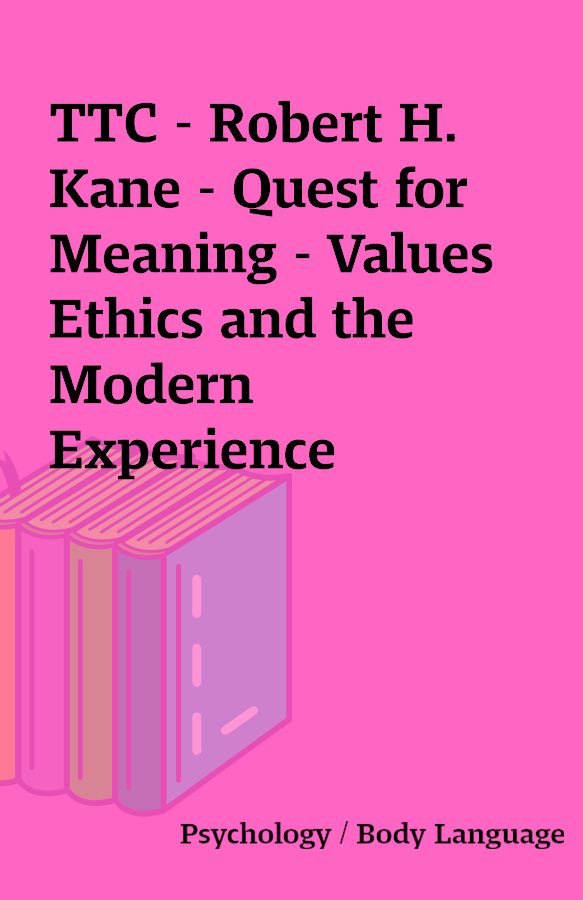
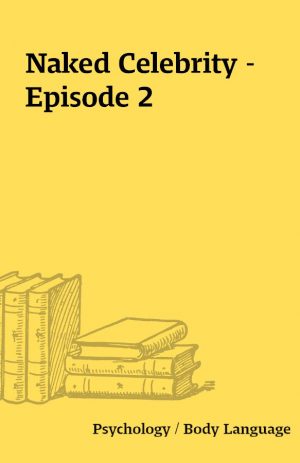
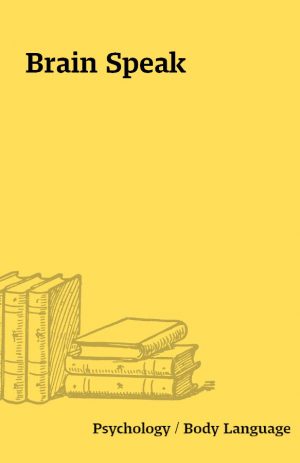
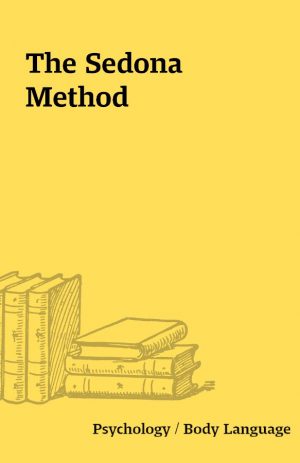
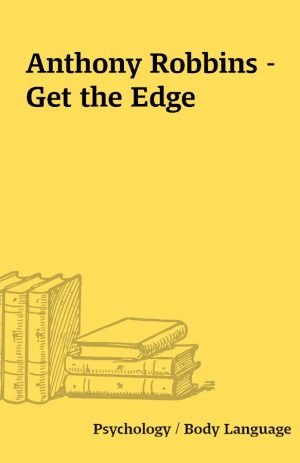
Reviews
There are no reviews yet.